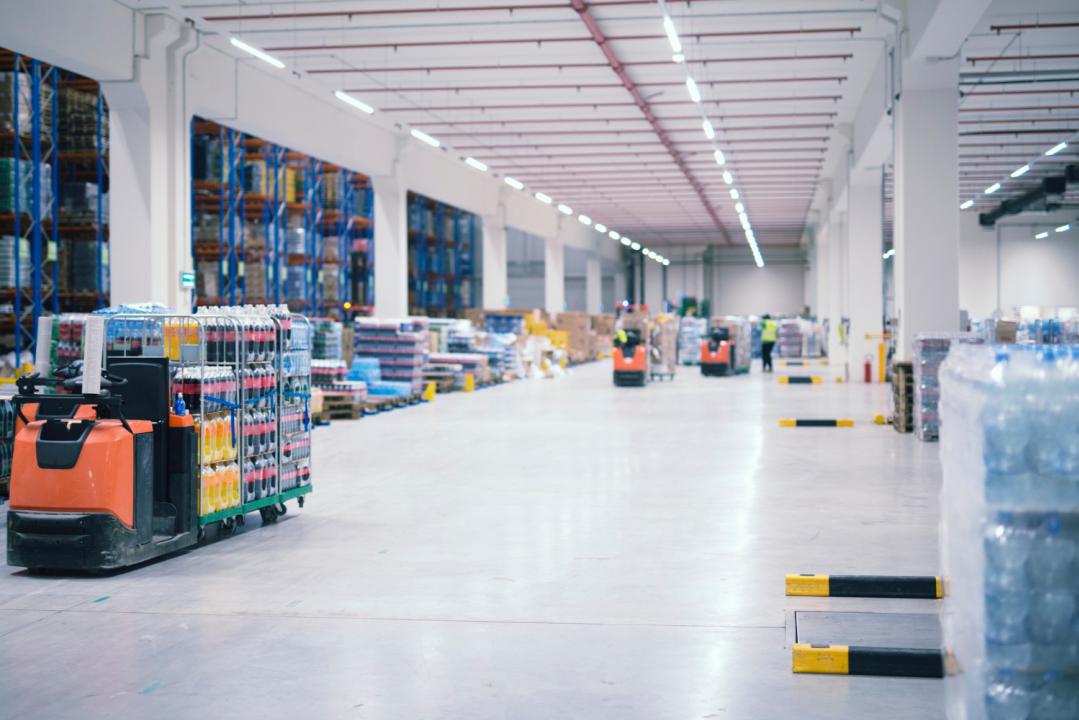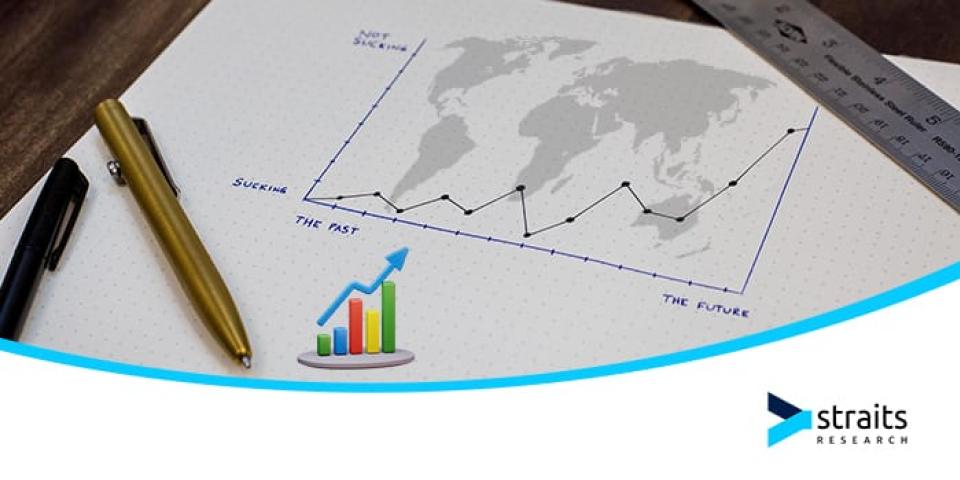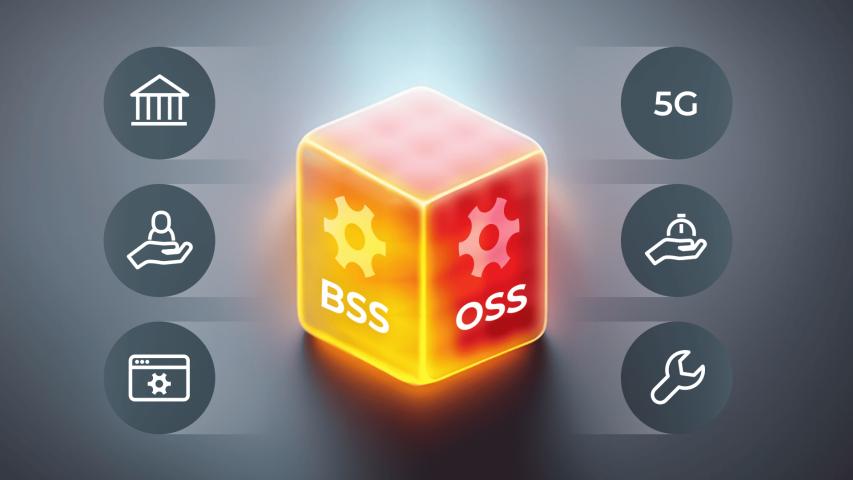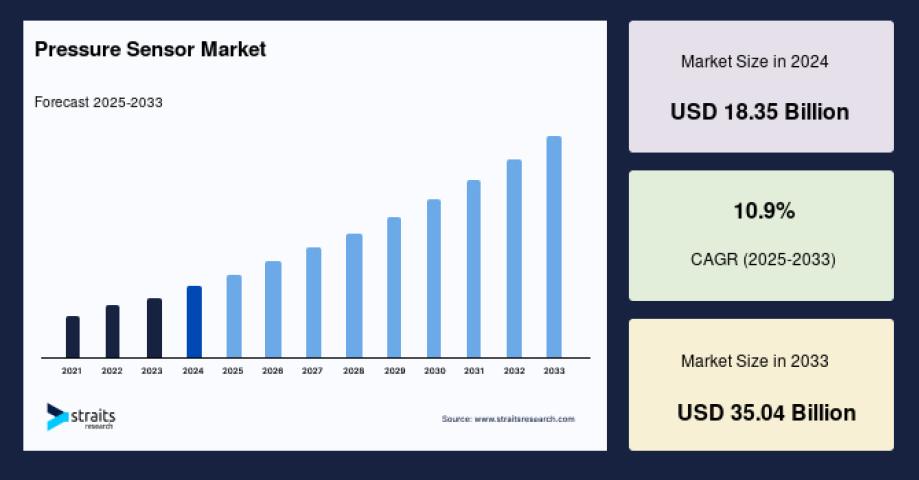While globalization opens doors to international markets, it also exposes fledgling companies to intense competition. Amid this backdrop, protectionism—a strategy where governments impose trade barriers to shield domestic industries—has emerged as a point of debate. For startups and emerging industries, understanding the pros and cons of protectionism is essential. This article explores the potential benefits and drawbacks of protectionist policies within the productive market.
Understanding Protectionism
Protectionism involves government actions and policies that restrict or limit international trade to protect local businesses and industries from foreign competition. Common tools include tariffs, import quotas, subsidies for local companies, and non-tariff barriers. The idea is to create a favorable environment for domestic production, allowing local industries to grow and thrive without being immediately overwhelmed by established global players.
Advantages of Protectionism
Nurturing Emerging Industries
Startups and emerging sectors often struggle to compete with established multinational companies. Protectionist measures, such as tariffs on imported goods, can provide a breathing space for these nascent industries to develop their capabilities, innovate, and eventually become competitive on a global scale.Job Creation and Economic Growth
By promoting domestic production, protectionist policies can stimulate job creation in local industries. When domestic companies expand, they hire more workers, which in turn boosts the overall economy. For startups, a strong local market can lead to more opportunities for partnerships, investment, and growth.National Security and Strategic Industries
Certain sectors, like technology, defense, and energy, are considered critical for national security. Protecting these industries can ensure that a country maintains a self-reliant and robust production base, reducing dependency on foreign suppliers. Startups working in these sectors may benefit from government support and preferential policies.Improved Trade Balance
Reducing imports by imposing tariffs or quotas can help improve a nation’s trade balance. A positive trade balance is often associated with economic stability, which can create a more predictable environment for startups planning long-term investments.
Disadvantages of Protectionism
Higher Costs for Consumers and Businesses
Protectionist policies often lead to higher prices for imported goods due to tariffs. For startups, increased costs can affect both production expenses and consumer prices. Higher costs may also reduce competitiveness if domestic firms rely on imported components or raw materials.Risk of Retaliatory Measures
When a country adopts protectionist measures, its trade partners may respond in kind with their own restrictions. This tit-for-tat dynamic can escalate into trade wars, which can limit market access for startups and increase uncertainty in international trade.Reduced Innovation and Efficiency
Shielding domestic companies from competition might lead to complacency. Without the pressure to innovate and improve efficiency, startups and established businesses alike could lag behind in technological advancements, reducing their global competitiveness over time.Limited Access to Global Markets
Protectionism can lead to a fragmented global market where domestic firms have limited exposure to international trends and customer bases. Startups, especially those looking to scale quickly, might find themselves confined to a smaller market with fewer opportunities for growth.Distorted Market Dynamics
Artificial support through subsidies or protective tariffs may result in resource misallocation. Startups may be tempted to focus on industries that receive government protection rather than investing in areas where they could be more innovative or globally competitive. This can hinder the overall dynamism of the entrepreneurial ecosystem.
Balancing Act: What It Means for Startups
For startups, the debate over protectionism is a double-edged sword. On one hand, government policies that protect domestic industries can provide a much-needed safety net during the early stages of business development. This can be particularly beneficial in high-tech, renewable energy, or other strategic sectors where initial capital and market development are critical hurdles.
On the other hand, startups must remain agile and globally competitive. While temporary protection might help an emerging business, long-term success often requires openness to international competition and collaboration. Startups should weigh the potential benefits of local support against the need for innovation, cost efficiency, and access to global markets.
Policymakers, too, face the challenge of designing measures that protect domestic interests without stifling competition. A balanced approach might involve temporary support measures, coupled with incentives for innovation and export-oriented strategies, ensuring that protectionism serves as a springboard rather than a crutch.
Protectionism in the productive market presents both opportunities and challenges for startups. While it can offer temporary relief and support for emerging industries, there are significant risks, including higher costs, reduced innovation, and potential trade conflicts. For startups, the key is to leverage any short-term advantages provided by protective policies while strategically planning for a competitive global landscape.
As startups continue to drive economic innovation, understanding the intricacies of protectionism can empower entrepreneurs to make informed decisions, adapt to changing policy environments, and ultimately thrive in both local and international markets.

















